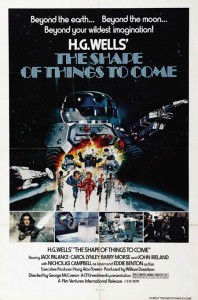 Jason Epstein is, and has been, one of the preeminent powers in publishing for nearly half a century. (http://en.wikipedia.org/wiki/Jason_Epstein) Few, if any, know more about the business than he does.
Jason Epstein is, and has been, one of the preeminent powers in publishing for nearly half a century. (http://en.wikipedia.org/wiki/Jason_Epstein) Few, if any, know more about the business than he does.
This is an extraordinary article he has just written about what the future has in store: http://www.nybooks.com/articles/23683
Digitization makes possible a world in which anyone can claim to be a publisher and anyone can call him- or herself an author. In this world the traditional filters will have melted into air and only the ultimate filter—the human inability to read what is unreadable—will remain to winnow what is worth keeping in a virtual marketplace where Keats’s nightingale shares electronic space with Aunt Mary’s haikus. That the contents of the world’s libraries will eventually be accessed practically anywhere at the click of a mouse is not an unmixed blessing. Another click might obliterate these same contents and bring civilization to an end: an overwhelming argument, if one is needed, for physical books in the digital age.
Amid the literary chaos of the digital future, readers will be guided by the imprints of reputable publishers, distinguishable within a worldwide, multilingual directory, a function that Google seems poised to dominate—one hopes with the cooperation of great national and university libraries and their skilled bibliographers, under revised world copyright standards in keeping with the reach of the World Wide Web. Titles will also be posted on authors’ and publishers’ own Web sites and on reliable Web sites of special interest where biographies of Napoleon or manuals of dog training will be evaluated by competent critics and downloaded directly from author or publisher to end user while software distributes the purchase price appropriately, bypassing traditional formulas. With inventory expense, shipping, and returns eliminated, readers will pay less, authors will earn more, and book publishers, rid of their otiose infrastructure, will survive and may prosper.
In short, Mr. Epstein says the publishing world is about to be convlused by changes bigger than the invention of the printing press.
Of course, he may be completely wrong. Still, he was editorial director of Random House for forty years.
~Lannie~
Get an Editorial Review | Get Amazon Sales & Reviews | Get Edited | Get Beta Readers | Enter the SPR Book Awards | Other Marketing Services



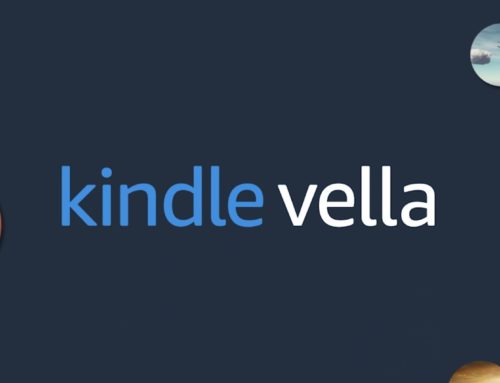


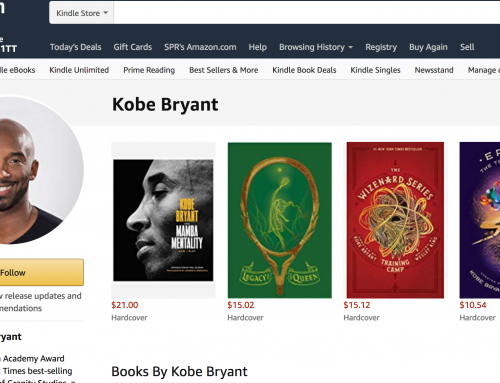



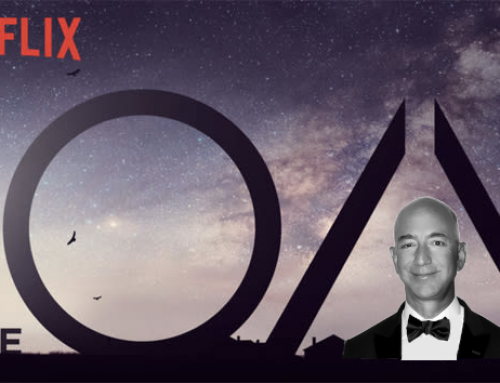
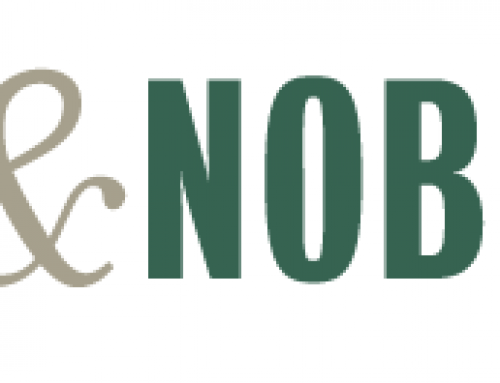
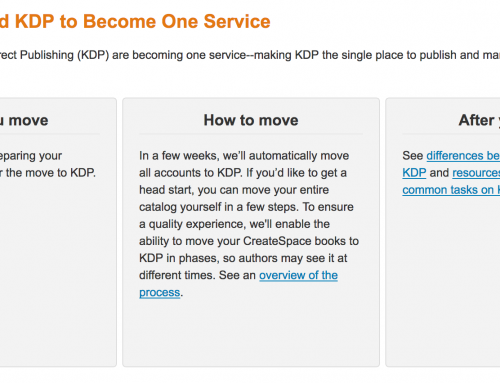


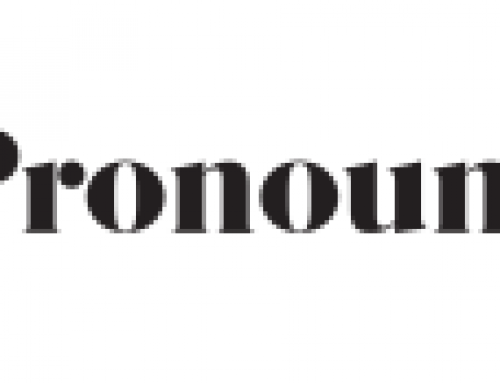
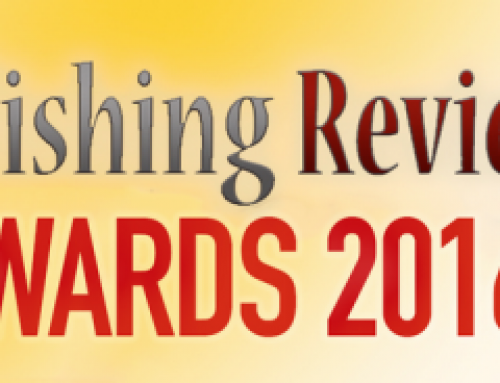
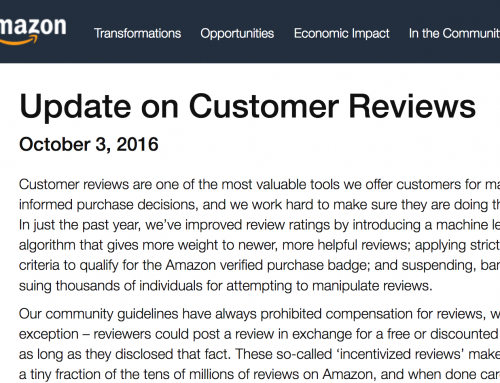
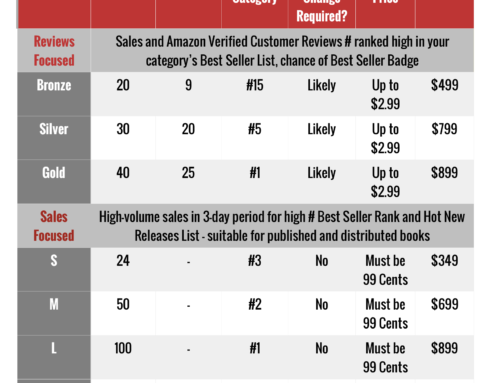
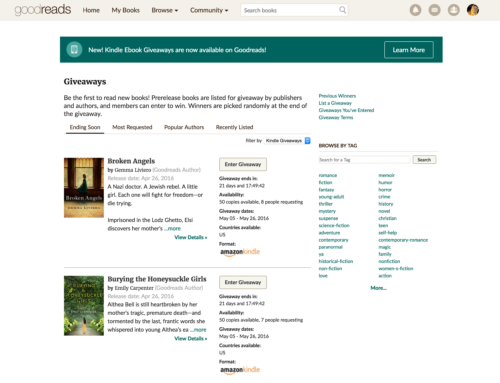
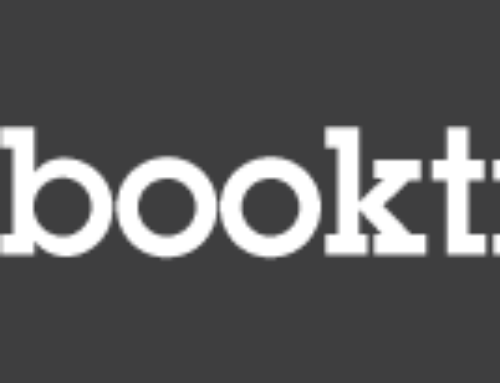

Heh, I just wrote something like this – https://www.selfpublishingreview.com/blog/2010/02/19/self-publishing-is-humanity%E2%80%99s-progress-and-also-the-apocalypse/
Good to see this. Thanks for posting.
Dynamite article. I want to believe all this will have no negative impact on writer’s advances. I’ve always thought that apart from the fractional group of senior rainmakers, Patterson and minor co-author, and the rest, and the rare lucky strike, The Help, Twilight, that the effect of all this will be to turn books into the new blogs. So many writers say they “don’t care about money at this point,” they only “want to be read. Very admirable, but it seems no money will indeed be the end point for almost all of them. With an avalanche of free material out there, why would anyone pay more than a dollar or two for what are bound to be shorter and shorter books? Look at the wholesale downloading of music by any means possible. Maybe writers will be working for different reasons in the future. What indeed is the difference between a well-written free blog and the average, not Nora Roberts et al, book? The idea of investor financing on the front end is a beauty, but again, that is bound to be extended only to a few superstars. Any ideas about the fate of the rest?